Italian mafia: Who are Cosa Nostra, Camorra, 'Ndrangheta and Sacra Corona Unita?
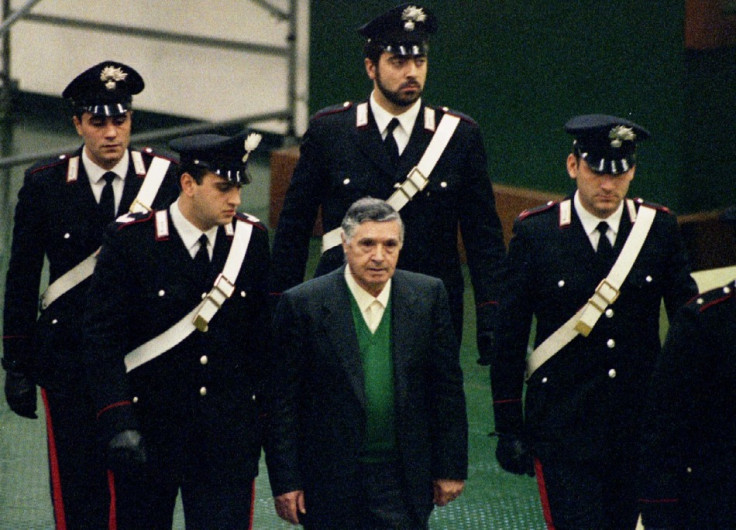
The Italian organised crime scene has long been dominated by a multitude of clans and mob families, all generally referred to as "mafia".
The term broadly implies these gangs, besides running a series of illicit businesses, also pervade the social environment in which they operate, influencing aspects of public and private life to cement their power.
Based on the location of their heartlands, the various clans are traditionally divided in four umbrella groups: Cosa Nostra in Sicily, Camorra in Campania, 'Ndrangheta in Calabria and the Sacra Corona Unita in Apulia.
Belonging to one group does not translate into an automatic alliance to other gangs populating them, as families are actually often at war with each other. Nevertheless, geographical contiguity does come with some shared distinctive traits. IBTimes UK takes a look at them.
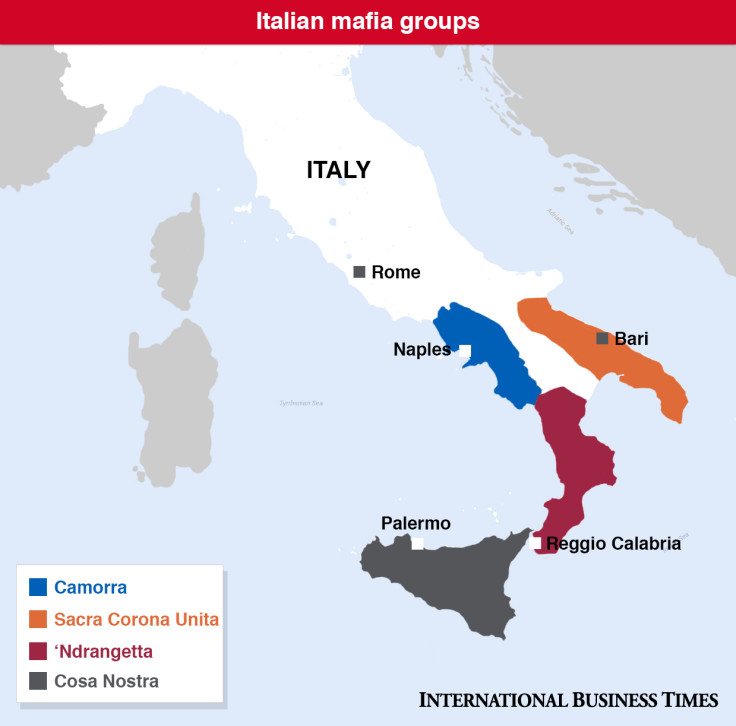
Sicilian mafia - Cosa Nostra
Sicilian mafia is the oldest of the four Italian crime syndicates and, in fact, the term "mafia" was initially exclusively used to indicate what would have later become known as Cosa Nostra.
"The issue of Cosa Nostra has been under the spotlight of public debate basically since the Italian unification (1861)," said mafia expert Salvatore Lupo, a professor of contemporary history at the University of Palermo.
"Particularly in the city of Palermo and the surrounding province, we can trace some clans way back into the past, with a certain degree of continuity in their main family, stronghold and characteristic crimes."
- Illicit businesses
Cosa Nostra reached its power peak in the 1980s and up to the early 1990s under the rule of Salvatore Riina, infamously known as the boss of bosses.
Before his arrest in 1993, Riina waged an all-out war against the state with a series of high-profile assassinations, including those of carabinieri police general Carlo Alberto dalla Chiesa and anti-mafia prosecutors Giovanni Falcone and Paolo Borsellino.
The confrontation resulted in a heavy crackdown by authorities that, in the span of two decades eventually succeeded in significantly curbing Cosa Nostra's power.
Once one of the main global drug-smuggling players, today the Sicilian mafia is mainly involved in local criminal activities, such as infiltrating public construction works and running extortion rackets.
- Curiosity
According to Lupo, Cosa Nostra is the most bourgeoisies of mafias, as it has historically penetrated all levels of society, with associates holding medium and high political and business roles.
"More than other crime syndicates Cosa Nostra has expanded from the criminal world to that of the so called respectable people," he said.
- Most wanted men
Matteo Messina Denaro
Born on 26 April 1962 in Castelvetrano, Trapani he is sought after since 1993 on a series of charges including mafia association, murder, mass killing and theft.
Giovanni Motisi
Born on 1 January 1959 in Palermo, he is sought after since 1998 on a series of charges including mafia association and mass killing. He has also to serve a life term.
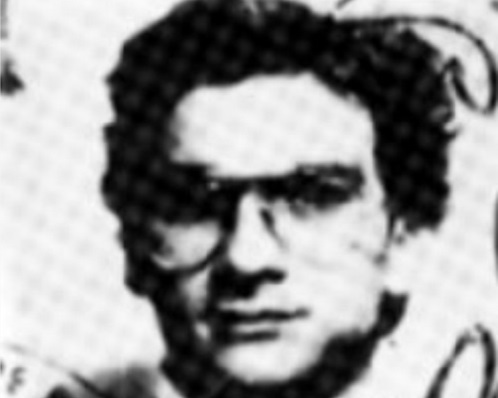

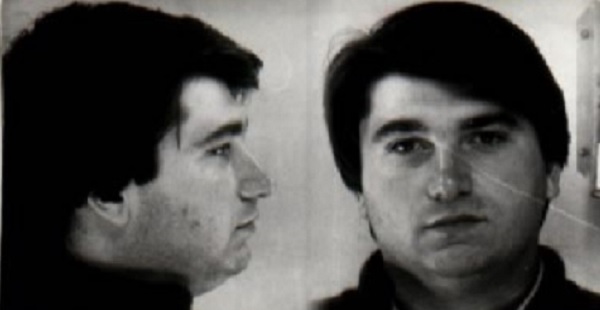
Calabrian mafia - 'Ndrangheta
In recent years, 'Ndrangheta has become Italy's most powerful and feared mafia group. Part of its criminal success is owed to its secretive nature.
As clans are founded on strict blood ties, members rarely turn informers, making detectives' work harder.
"They do not cooperate with authorities because to them it means turning in a relative, a son, a cousin or a nephew," explained Enzo Ciconte, a professor of organised crime history at Rome's University.
"Such structure also allows clans to create a stable presence abroad. Families often decide to send a member to live and work - legally - in London, Paris or Australia. Then, while there, this person acts as bridgehead for illegal traffics."
This system has enabled 'Ndrangheta to become the first Italian mafia to have consolidated footholds in Italy's industrial north.
"While other groups send envoys to the north to close a deal and come back home, 'Ndrangheta mobsters arrive to stay," Ciconte said.
- Illicit businesses
'Ndrangheta is widely regarded as the group that has filled the void left by Cosa Nostra on the international drug trafficking stage, gaining the crown of Europe's biggest drug cartel.
A series of recent investigations has showed how its clans have become the favourite business partners for US mafia families, previously tied to the Sicilian mob.
Besides drug trafficking, 'Ndrangheta gangs are involved in pretty much any profitable illicit activity, but prostitution, according to Ciconte.
- Curiosity
'Ndrangheta fugitives make a large use of underground bunkers as shelter. The crime syndicate is also infamous for its masonic-esque initiation ceremonies and encrypted messaging system.
- Most wanted men
Giuseppe Giorgi
Born on 6 March 1961 in San Luca, Reggio Calabria, he is sought after since 1995 on a series of charges including mafia association, drug trafficking extortion and murder. He has also to serve a 17-year jail sentence.
Rocco Morabito
Born on 13 October 1966 in Africo, Reggio Calabria, he is sought after since 1994 on a series of charges including mafia association and drug trafficking. He has also to serve a life term.
Ernesto Fazzalari
Born on 16 September 1969 in Taurianova, Reggio Calabria, he is sought after since 1996 on a series of charges including mafia association, drug and weapons trafficking, murder and robbery . He has also to serve a 30-year jail sentence.
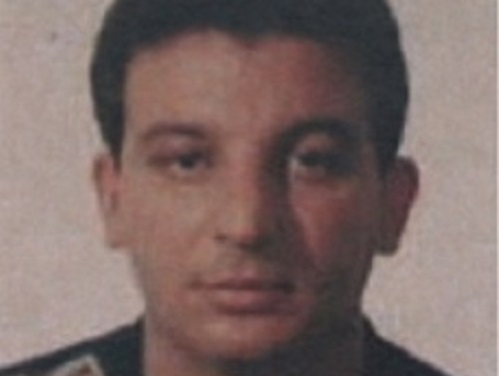

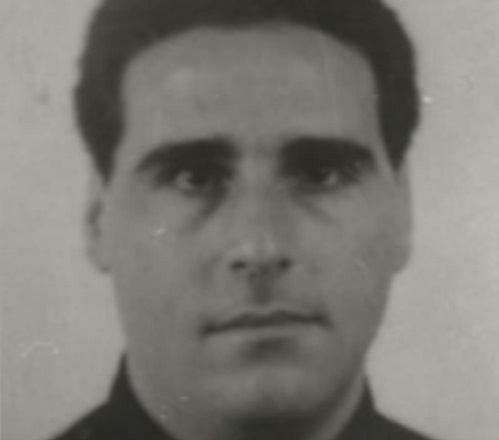
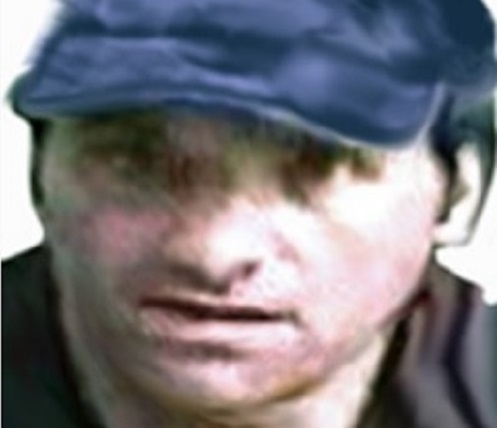
Campania mafia - Camorra
Analysts divide Camorra into two subgroups: the so-called metropolitan and provincial Camorra.
Metropolitan camorra is typical of the Naples area and is characterised by a very fragmented criminal scene, with myriad medium-small gangs controlling neighbourhoods and districts.
"They are street organisations similar to American gangs," said Camorra expert Marcello Ravveduto, a researcher at Salerno University.
Provincial camorra refers instead principally to clans based in rural areas surrounding the city of Caserta. These have a more established structure permeating the region's political and business scene, in a similar fashion to Cosa Nostra and 'Ndrangheta.
This type of camorra has long been embodied by Casalesi clan that was named after the town of Casale di Principe.
- Illicit businesses
While the Casalesi clan is generally in the same lines of business as other mafias, metropolitan Camorra gangs have a peculiar expertise in small crimes and particularly in the counterfeiting and contraband of goods such as music records, DVDs and cigarettes.
"Camorra informer Carmine Giuliano once told prosecutors that counterfeiting was the second most profitable market for Camorra clans," Ravveduto said.
"In the 1990s and 2000s police found large counterfeiting factories where clans produced all sort of goods also stamping them with the words 'made in China' to counter competition from Chinese counterfeiters. That could have happened only in Naples."
- Curiosities
Metropolitan Camorra mobsters have, more than their mafioso colleagues, a tendency to show off the riches amassed through crime.
"Mobsters usually come from working-class, poor families and are inclined to boast about sudden enrichment. There is no bourgeois mafia culture [in Naples]," said Ravveduto. "Showing off richness also serves to build power, winning the approval of those attracted by success."
Casalesi now-jailed boss Francesco Schiavone, nicknamed "Sandokan" after a fictional pirate from a popular Italian novel, lived in a Casal di Principe villa that was the exact replica of the house inhabited by Tony Montana (Al Pacino) in Hollywood movie Scarface.
- Most wanted man
Marco di Lauro
Born on 16 June 1980 in Naples, he is sought after since 2005 on a series of mafia-related charges.

Apulia Mafia - Sacra Corona Unita
The Sacra Corona Unita is the least influential of the four Italian mafias. Some analysts, including Lupo, even dispute its definition as mafia, arguing the syndicate is actually a loose group of criminal organisation lacking the mob defining traits sported by Cosa Nostra, 'Ndrangheta and Camorra clans.
The Sacra Corona Unita is said to have been originally founded in the 1970 as a Camorra spinoff by crime boss Raffaele Cutolo.
Drug smuggling and contraband from the Balkans and Eastern Europe are among its main illicit activities.
One of its leaders, Alberto Lorusso, recently made headlines as he became the behind-bars confidant of Mafia overlord Salvatore "Totò" Riina.
© Copyright IBTimes 2025. All rights reserved.






















